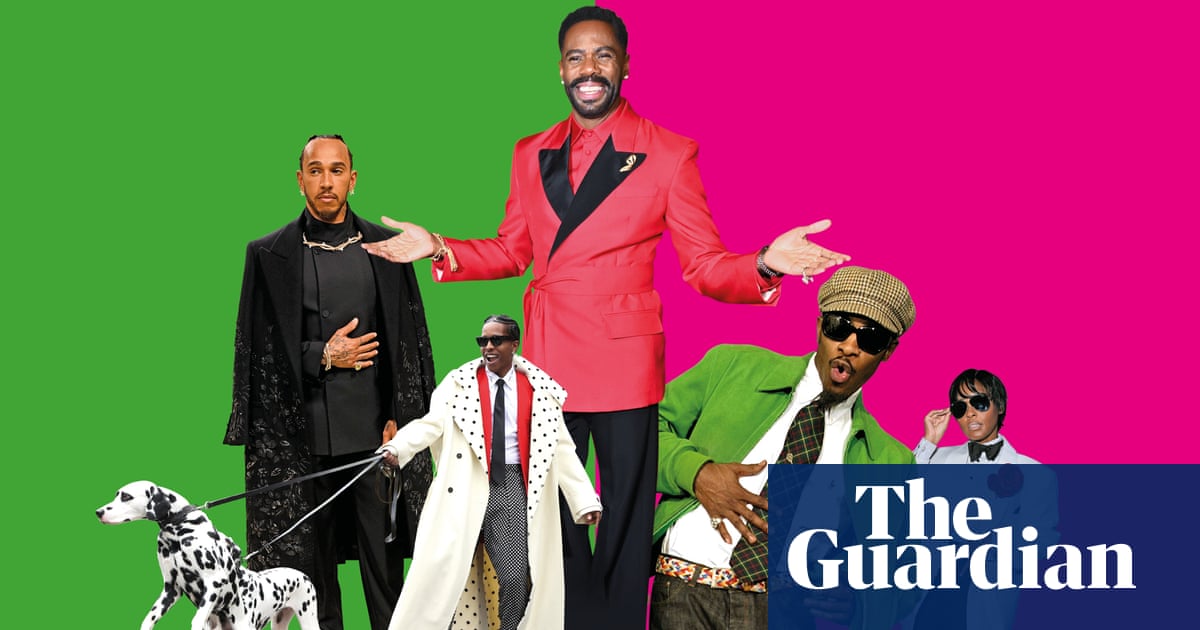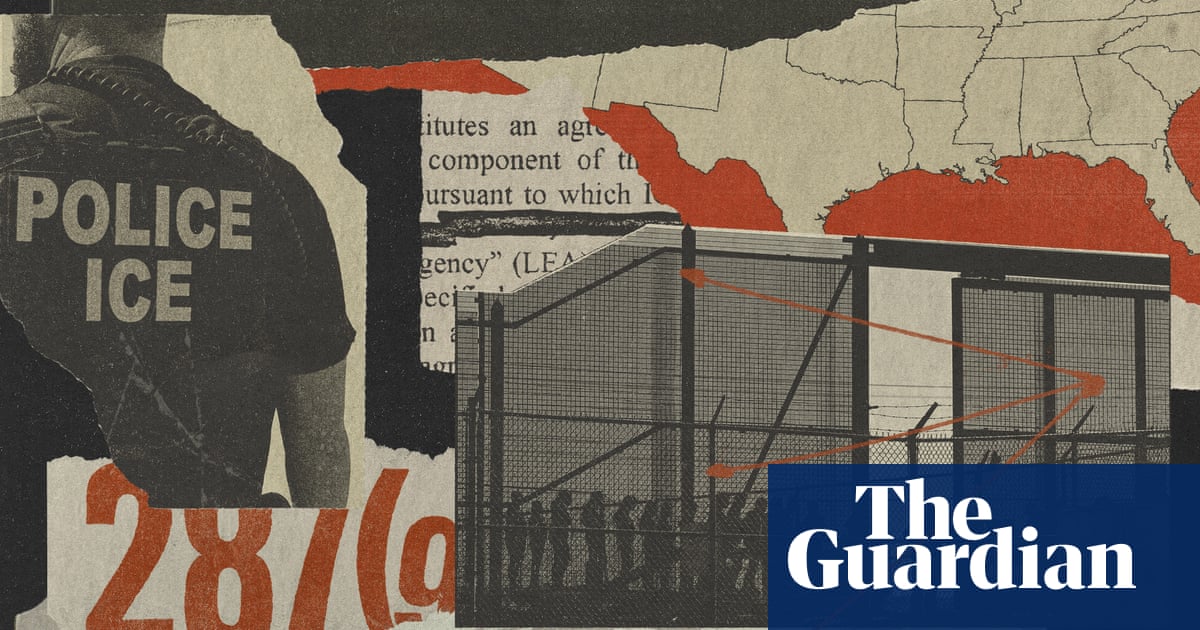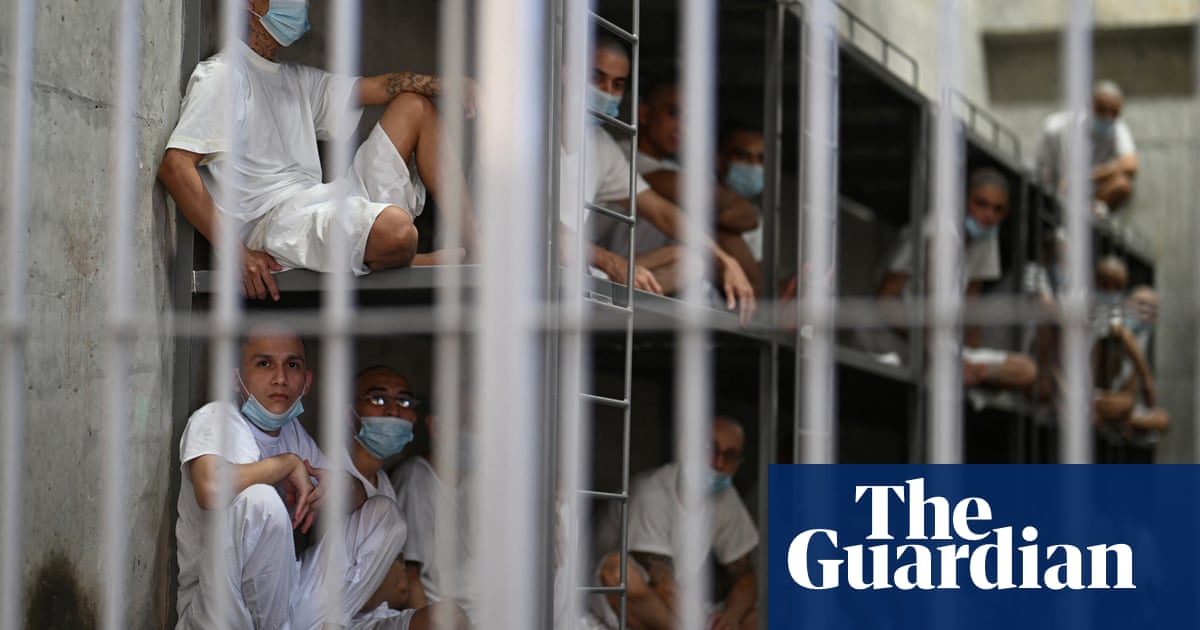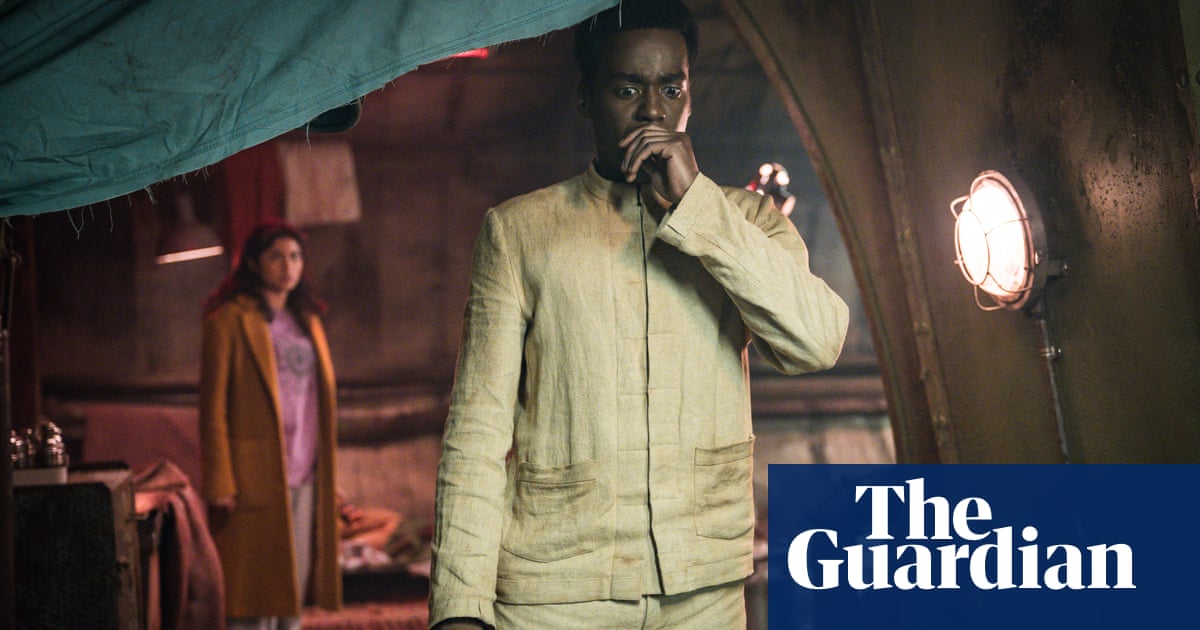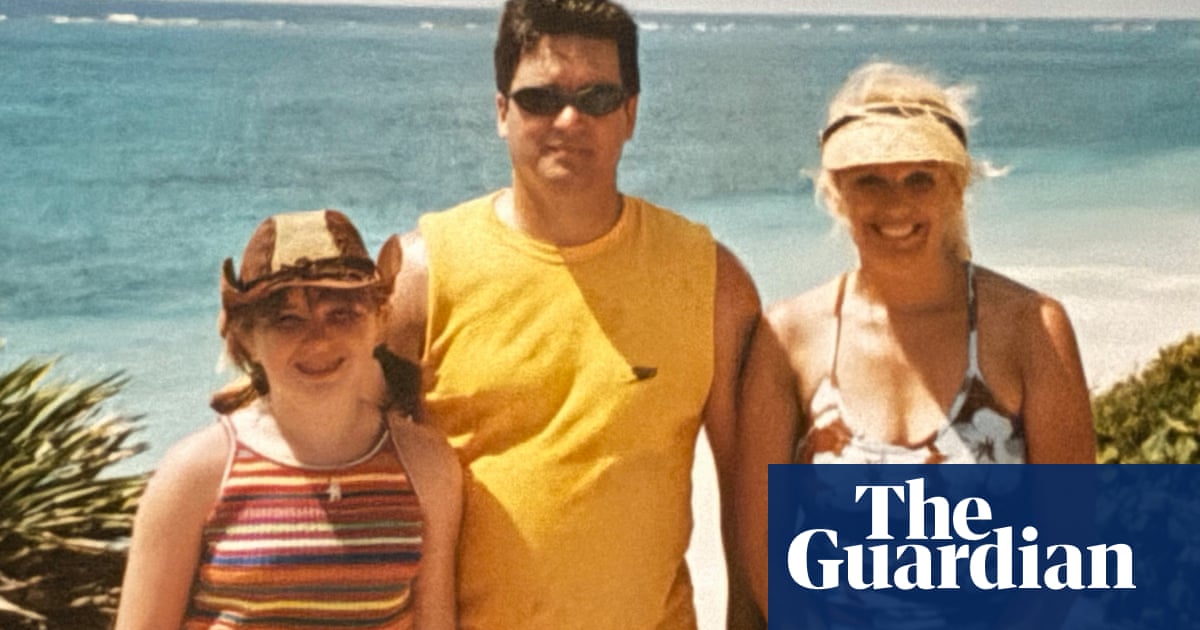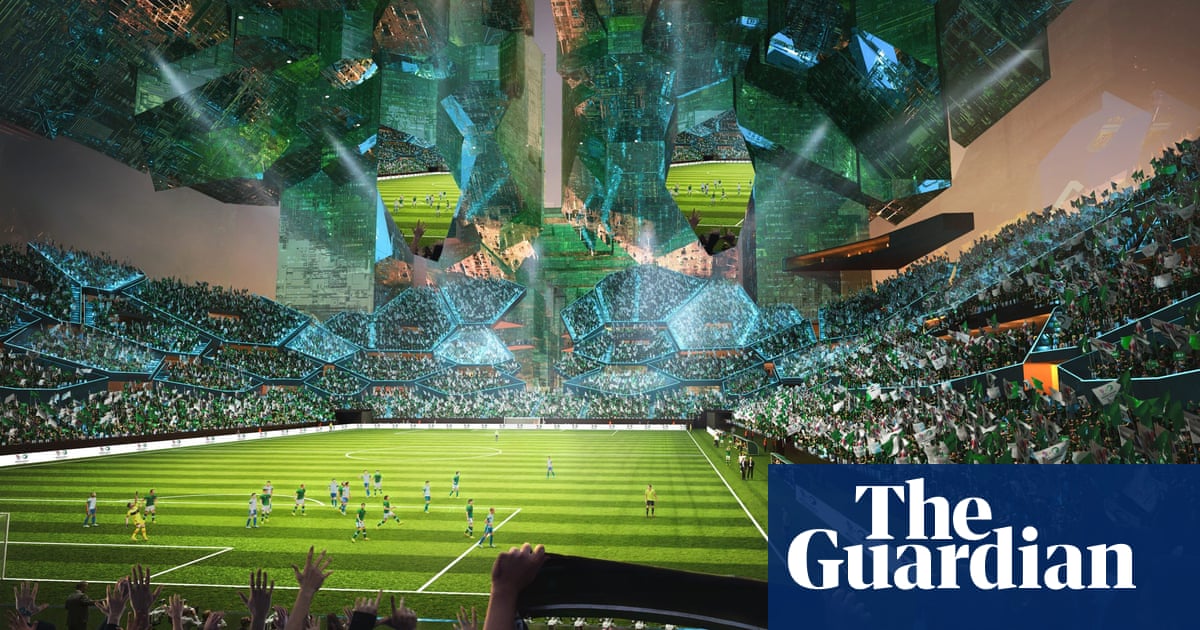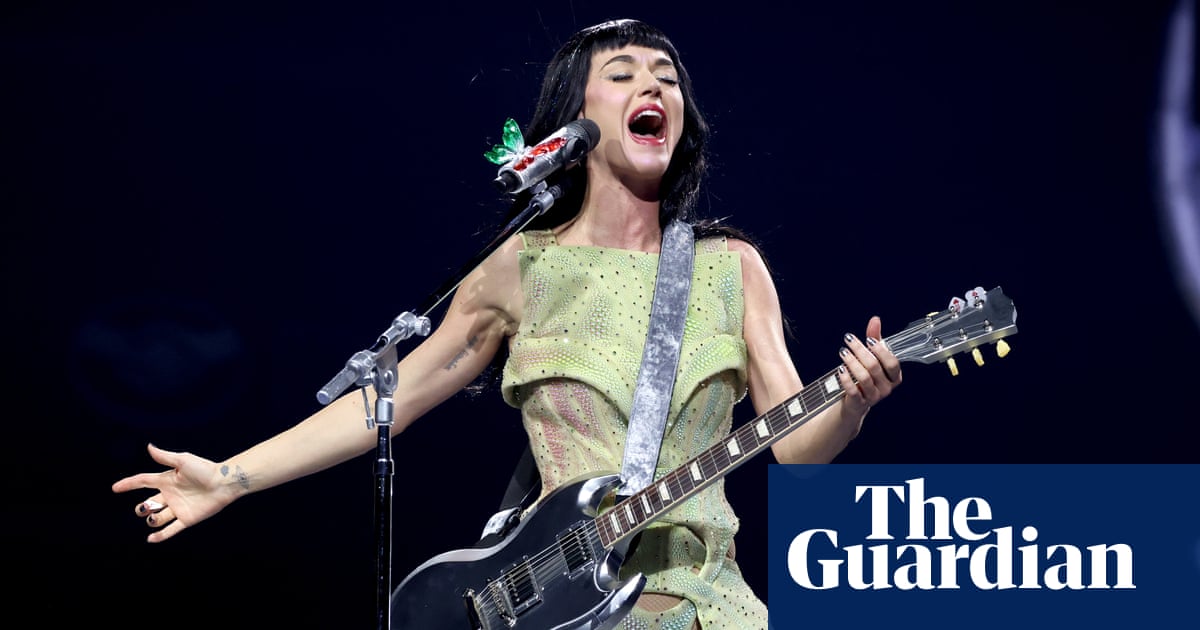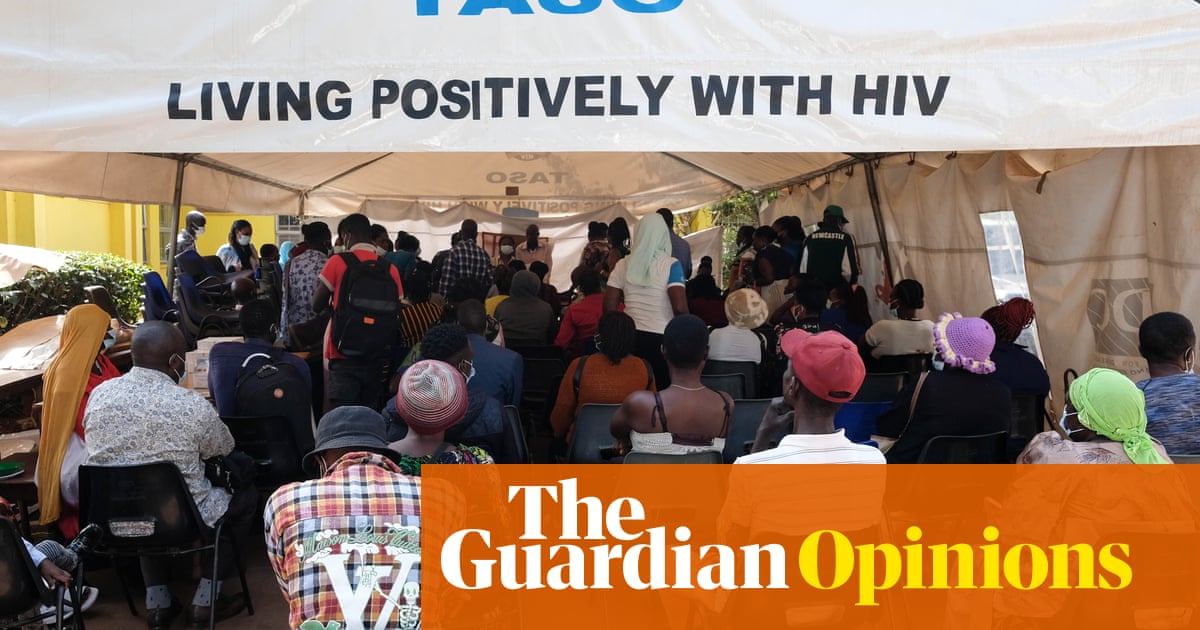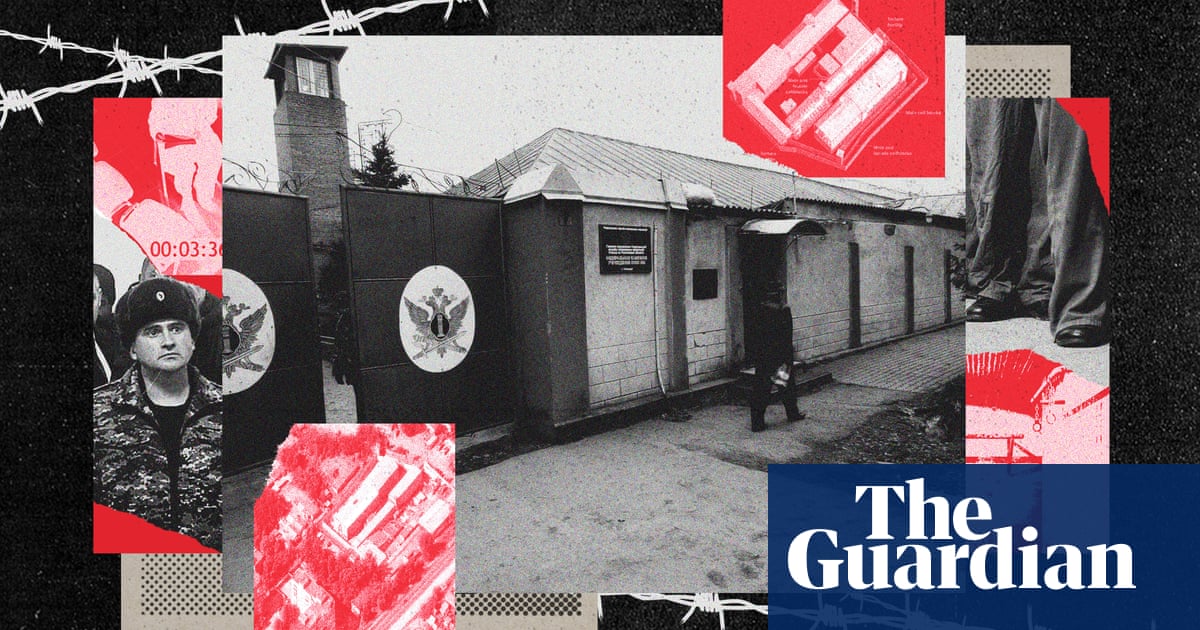To score, first you have to learn how to miss. Raphinha, to be fair, misses a lot. Most common of all, perhaps, is the low screamer, dragged across goal with the left foot, disappearing into the advertising hoardings with an unseen thud as the goalkeeper calmly strolls off in search of a fresh ball. If you close your eyes and try to picture Raphinha missing, this is almost certainly the miss you are imagining.
But Raphinha can miss in a plethora of other ways, too. The wild slice at the back post is another favourite. The free-kick into the wall. The mistimed header sailing harmlessly over the bar and Raphinha has never been the greatest header of a ball, but he is going to keep making the run nonetheless, again and again, all night if he has to. If it feels weird to begin a discussion of one of Europe’s most prolific forwards by listing all the ways he can miss then one helps to explain the other. Raphinha is a winger rather than a pure striker, but the trait he has in common with all the world’s great goalscorers is the ability to prize volume over grace, to put the last miss out of his mind, to keep coming and keep shooting with a ruthless, relentless hunger.
Raphinha has missed the target 32 times in this season’s Champions League. That’s 73% of all his shots. Only Ousmane Dembélé at Paris Saint-Germain has missed more. Or, to put it another way: the competition’s second-top goalscorer, a man quietly putting together one of the greatest Champions League seasons in history, does not rank in the top 20 for shots on target per 90 minutes.
Nor is this a strictly recent phenomenon. During his last Premier League season at Leeds, Raphinha ranked ninth for total shots but 31st for shots on target. In short, this is a player who has always missed a lot, but who keeps trying because he gets that football, at its core, is a game of odds. Most of the time, you miss. But keep shooting for the corners and every now and again you may just land a treble and a Ballon d’Or.
Last summer, the odds were pretty firmly stacked against Raphinha. A poor 2023-24 season had left him on the sidelines and considering fresh options. With Lamine Yamal nailing down his favoured position on the right wing, Nico Williams being pursued on the other flank, and the club’s financial straits requiring them to sell in order to buy, it was an open secret that Barcelona would have been open to offers.
The modern Barcelona are really not the sort of club that deal in second chances. There was an offer from Al Hilal in the Saudi Pro League, where Raphinha could link up with his Brazil international teammates Malcom, Neymar and Renan Lodi. “I saw people asking me to leave,” he said. “That I wasn’t good enough for the club. I was struggling mentally, and it was life-changing money for my family.”

Indeed, so disillusioned was he by the drop of negative stories and the prospect of failure, that Raphinha briefly considered quitting football at the age of 27. But he had a good Copa América, where he was named in the team of the tournament, and when he returned there was a call waiting from his new club manager. “Before you make any decisions,” Hansi Flick told him, “come and train.”
What had Flick seen that others had not? The energy and physicality honed at the elbow of Marcelo Bielsa at Leeds, the fearless dribbling skills, the shot volume, the voracious appetite for defensive work: this much was already obvious to anyone who had worked with him. Flick was already envisioning a spectacular attacking machine based on pace and verve, and with his ability to commit defences at speed and get shots away, equally comfortable on the wing or cutting into the centre, Raphinha fitted the bill perfectly.
But perhaps Flick’s real stroke of insight was not technical but temperamental. He recognised that in a young team Raphinha had the potential to be a leader in the making, a mentor of sorts, a player who embodied the values he wanted to instil. No fear of failure. No shackles. You put the last miss out of your mind and go again, and go again, and go again.
For all this, Raphinha is a player who needs a settled, supportive environment in which to work. He does not possess the unshakeable, messianic self-belief of Kylian Mbappé or Erling Haaland. He did not glide through the youth levels; instead he endured numerous rejections and left for Europe without having played a professional game in Brazil. His brutal no-filter honesty and his restless no-filter shooting seem to spring from a common root: an innate fatalism, an acceptance that none of us can ultimately escape failure, that what matters is how we respond.
after newsletter promotion

There was a moment late in Saturday’s Copa del Rey final against Real Madrid that seemed to epitomise this. In the sixth and final minute of injury time, Raphinha tumbled over in the Madrid area. Penalty. Elation. VAR review. Decision overturned. As Raphinha’s moment of glory was snatched from him, replaced by a yellow card for simulation, there was barely a hint of protest or petulance. Just a sigh and a throw of the arms, as if to say: yep, typical.
Talk of the Ballon d’Or, for which he is the strong bookmakers’ favourite, is probably a little overblown. With no major international tournament this summer, it is probably dependent on Barcelona winning the Champions League, in which case sentiment may end up nudging Pedri, Lamine Yamal or Robert Lewandowski ahead of him. Underlying numbers suggest Raphinha’s unicorn season in the Champions League may not necessarily be sustainable. His 12 goals have come from an xG of 5.5.
It is, nevertheless, a remarkable story. A player who so recently may have been lost to European football, perhaps even all football, has finally found belonging. Herein lies a lesson in the value of second chances, of perseverance, of a glory beyond balance sheets and raw numbers.
Or, as Raphinha put it: “Now my mind is closed to money, and open to dreams.”

 4 hours ago
4
4 hours ago
4

